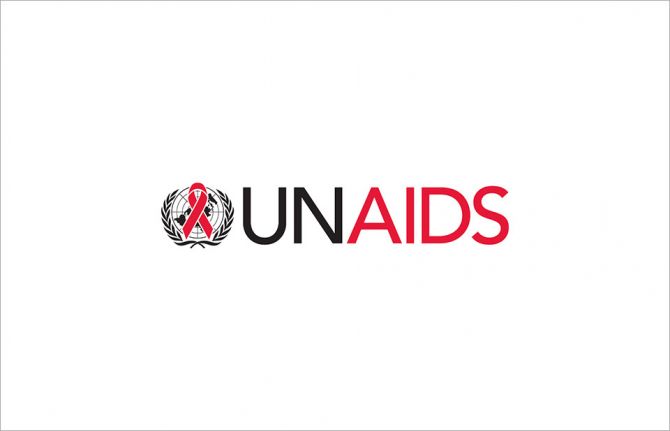
UNAIDS is encouraged by the United States’ new strategy on global health and its strong commitment to continue to support people living with and affected by HIV
GENEVA, 18 September 2025—UNAIDS welcomes reaffirmed leadership from the United States in the AIDS response and its continued commitment to saving lives through the United States President's Emergency Plan For AIDS Relief (PEPFAR). In its new strategy, released today, the US is placing emphasis on global HIV targets, country partnerships and resilient and durable health systems. It stresses that national self-reliance is critical to achieving and sustaining the shared global objective of ending…
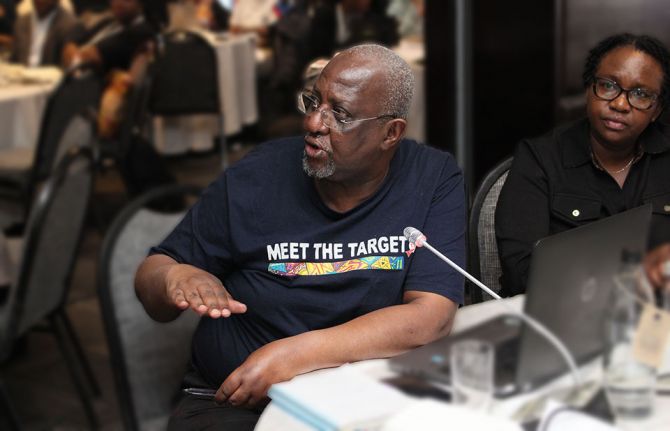
HIV financial data: A transformative power to ensure sustainability of the AIDS response
Progress towards ending AIDS as a public health threat has been strongest in the countries and regions with sufficient investments in their HIV responses, especially in countries from eastern and southern Africa. However, a critical part of this success lies in understanding where resources are being allocated and ensuring that investments are directed towards the most impactful interventions.

Unfinished business: only the urgent and accelerated delivery of HIV services will keep the promise of ending AIDS in children by 2030
GENEVA/MUNICH, 22 July 2024—Despite progress made in reducing HIV infections and AIDS-related deaths among children, a new report released today by the Global Alliance for Ending AIDS in Children by 2030 shows that an urgent scale up of HIV services in countries worst affected by the pandemic is required to end AIDS by 2030.
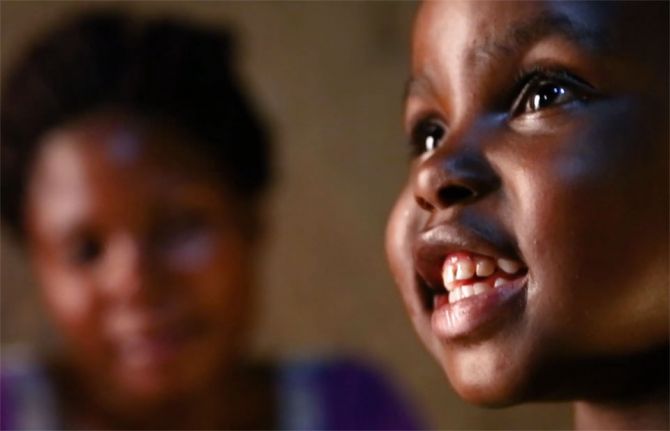
UNAIDS urges sub-Saharan African countries and global partners to ensure children living with HIV are on life-saving treatment and to stop new infections
On the International day of the African Child this 16 June, UNAIDS is urging African governments and global partners to provide treatment for children living with HIV and to stop new infections among children. The latest data show that only 56% of children living with HIV were on life-saving antiretroviral therapy in 2022 in sub-Saharan Africa compared to 83% of adults globally. Without access to treatment…
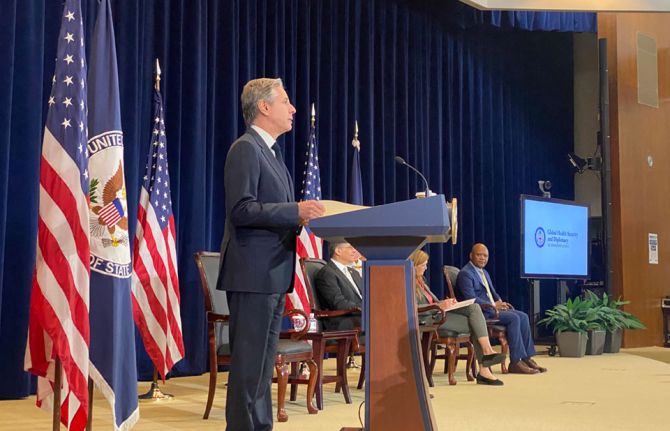
UNAIDS welcomes the launch of the Bureau of Global Health Security and Diplomacy at the U.S. Department of State
UNAIDS welcomes the launch of the new U.S. Bureau for Global Health Security and Diplomacy which aims to strengthen the global health security architecture to effectively prevent, detect, control, and respond to infectious diseases, including HIV.
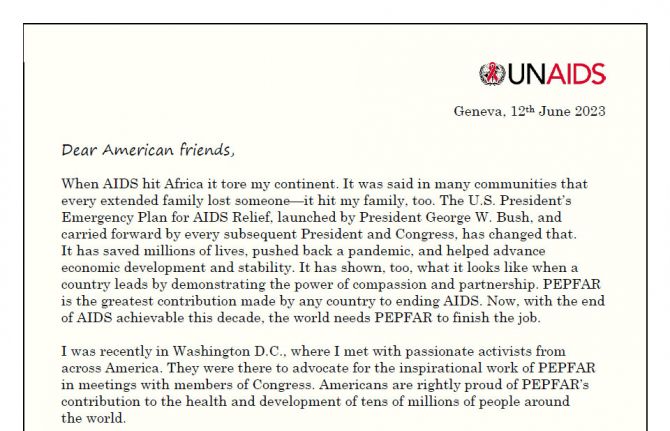
A Thank You letter to the American people from the Executive Director of UNAIDS: PEPFAR is the Greatest Contribution Made by Any Country to Ending AIDS
To mark the 20th Anniversary year of PEPFAR, UNAIDS Executive Director has written a letter to the American people.
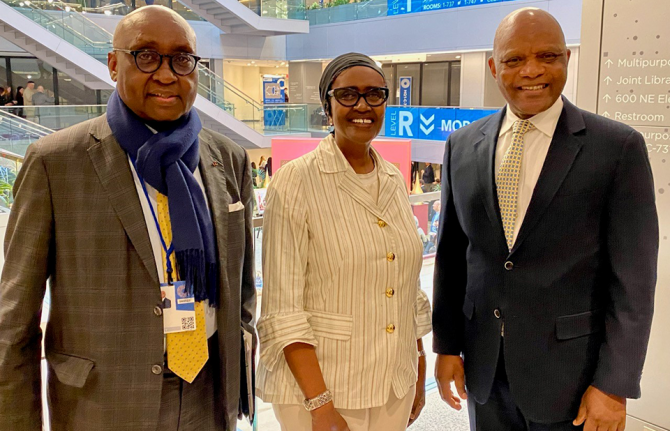
African ministers of finance join forces to highlight the importance of financial sustainability in the response to HIV
Although great strides have been made in tackling HIV in recent years, Africa remains the continent most affected by HIV and progress towards ending AIDS is stalling. The COVID-19 pandemic, global inflation, growing debt levels, and a retreat from overseas development assistance by some donors are hampering Africa’s efforts to ramp up national HIV responses and are jeopardizing broader outcomes for health, social development and economic growth.
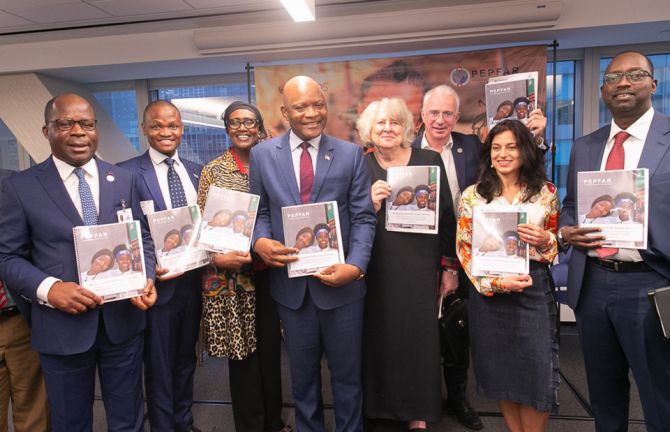
African governments unite with UNAIDS, PEPFAR and global health partners to sustain political leadership to end AIDS and respond to future pandemics
Just one day after record resources were pledged to the Global Fund to Fight AIDS, TB and Malaria, Ministers of Health of Africa, global health leaders and partners were united by UNAIDS and PEPFAR to sustain their commitment to end AIDS and accelerate their response to current and future pandemics.
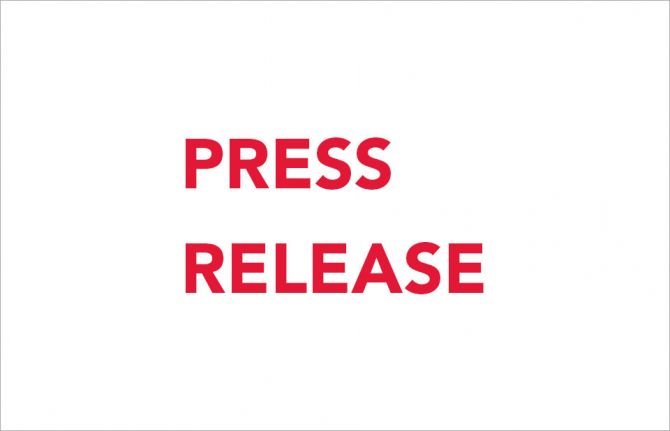
UNAIDS welcomes the life-saving results of PEPFAR funding and programmes
The Joint United Nations Programme on HIV/AIDS (UNAIDS) welcomes the latest data released by the U.S. President’s Emergency Plan for AIDS Relief (PEPFAR), which demonstrate the life-saving impact of PEPFAR funding and programmes on countries and communities. UNAIDS also applauds the continued, strong bipartisan leadership of the United States in the global response to HIV.
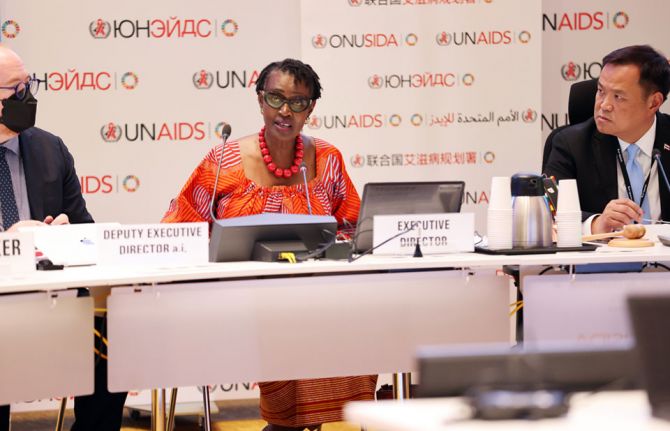
UNAIDS, Global Fund and PEPFAR leaders make a united call to action to resource the global AIDS response
The leaders of UNAIDS, the Global Fund to fight AIDS, Tuberculosis and Malaria and the United States President’s Emergency Plan for AIDS Relief have made a powerful joint call for a fully funded global AIDS response during the 50th meeting of the UNAIDS Programme Coordinating Board (PCB), taking place in Geneva, Switzerland.
